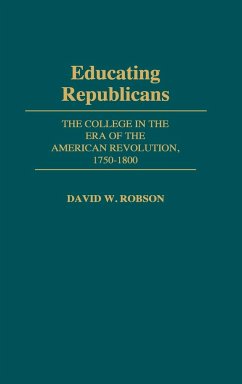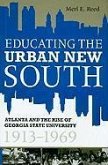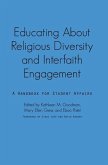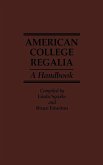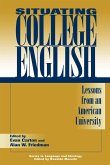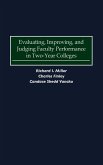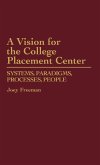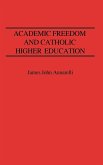?Institutions of higher education were thrust into the political arena in the 1960s, a not unique situation according to David Robson in his detailed, well-researched study of colleges during the era of the American Revolution... The author explores in considerable depth not only the political nature of the college curricula, but also the activism of both faculties and students. From their inception, colonial colleges were committed to training their students for public service, a legacy of their Engligh heritage. Steeped in the literature of the Commonwealth Whig ideology, students and faculty were ripe for involvement with the outbreak of hostilities, most on the rebel side, but some in defense of the Crown. Many of the 16 colleges (still in existence) founded in the 1780s and 1790s on the frontier differed somewhat from this model, for they had more of a religious and cultural mission but they were still activist. This is an important addition to our understanding of the history of higher education, adding an important dimension to the recent studies of Steven Novak (The Rights of Youth, CH, Jul '77), and Jurgen Herbst (From Crisis to Crisis, CH, Sep '82). Useful footnotes and a note on sources. Highly recommended for college libraries.?-CHOICE

